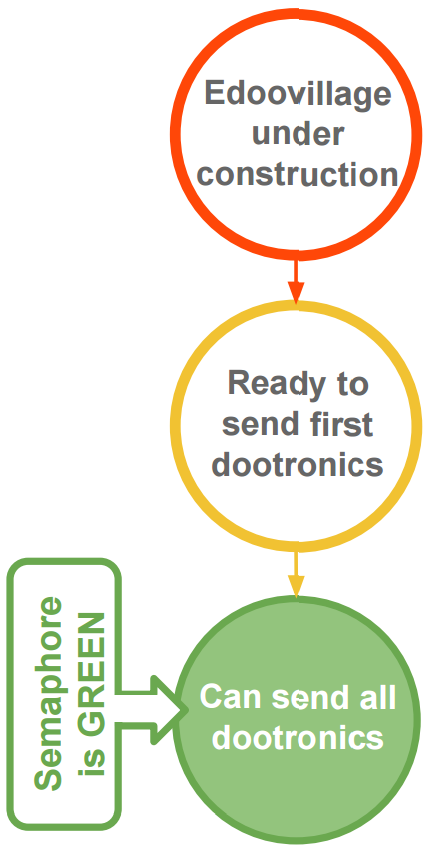Project information
Project description
The CODE Kids Project – Children are coding in public libraries is creating a coding movement in which children, young people and rural librarians develop their digital skills and engage in life of their community by solving creative digital themes. Progress Foundation facilitates a long-term digital competence training program for children living in more isolated rural and urban environments, through an action learning approach.
Why: Through trainings and workshops, another window in digital world is opened for development and learning opportunities so that over 2000 children aged between 10 to 14 are encouraged to actively engage and even pursue a career in technology. Within CODE Kids, coding clubs are established in public libraries or schools and as part of a two year long project, children have to solve coding tasks and experiments from STEM fields, participate in science fairs, and offer mentoring. About 2500 children are currently involved in 94 coding clubs set up in 18 counties: Sălaj, Bihor, Timiş, Vâlcea, Gorj, Argeş, Vrancea, Tulcea, Galaţi, Hunedoara, Caras-Severin, Harghita, Braşov, Neamţ, Iaşi, Constanța, Bacău, Arad.
Public libraries have been equipped with computers and laptops as part of an international Global Libraries program, called Biblionet in Romania. Libraries received new IT equipment until the end of the Biblionet in 2013. Since then very few libraries were able to make any updates to their hardware. For libraries to implement CODE Kids clubs and allow their children to participate in the project a minimum of 3 computers/laptops is requested. Public libraries are in need to enlarge the number of working computers/laptops with internet access so members of the coding clubs can practice their new skills. Progress Foundation is looking for long term partners to empower libraries to successfully provide learning services for youth from rural communities.
Why: Through trainings and workshops, another window in digital world is opened for development and learning opportunities so that over 2000 children aged between 10 to 14 are encouraged to actively engage and even pursue a career in technology. Within CODE Kids, coding clubs are established in public libraries or schools and as part of a two year long project, children have to solve coding tasks and experiments from STEM fields, participate in science fairs, and offer mentoring. About 2500 children are currently involved in 94 coding clubs set up in 18 counties: Sălaj, Bihor, Timiş, Vâlcea, Gorj, Argeş, Vrancea, Tulcea, Galaţi, Hunedoara, Caras-Severin, Harghita, Braşov, Neamţ, Iaşi, Constanța, Bacău, Arad.
Public libraries have been equipped with computers and laptops as part of an international Global Libraries program, called Biblionet in Romania. Libraries received new IT equipment until the end of the Biblionet in 2013. Since then very few libraries were able to make any updates to their hardware. For libraries to implement CODE Kids clubs and allow their children to participate in the project a minimum of 3 computers/laptops is requested. Public libraries are in need to enlarge the number of working computers/laptops with internet access so members of the coding clubs can practice their new skills. Progress Foundation is looking for long term partners to empower libraries to successfully provide learning services for youth from rural communities.
Number of students
1200
Number of teachers
100
Number of dootronics needed
100
Number of dootronics delivered
63
Number of dootronics remaining
37
Number of dootronics in transit
0
Dootronics additional notes
Code Kids Club in 18 Ländern in Rumänien
Coordinating hub(s)
On-site point of contact
Name: Ovidiu Ana, Phone: +40723898920, Email: ovidiu.ana@progressfoundation.ro, Physical address: 24 Transilvaniei, Sector 1, Bucharest
Project application
Geographic information
Local language(s)
Rumänisch/Englisch
Location
47.55, 25.9
44.442576, 26.085348
44.442576, 26.085348
Country
Rumänien
Technical information
Socket voltage
220-240 Volts
Socket type
C
Internet connection type
Wired or Wireless
 Edit this edoovillage
Edit this edoovillage Next edoovillage
Next edoovillage Previous edoovillage
Previous edoovillage
